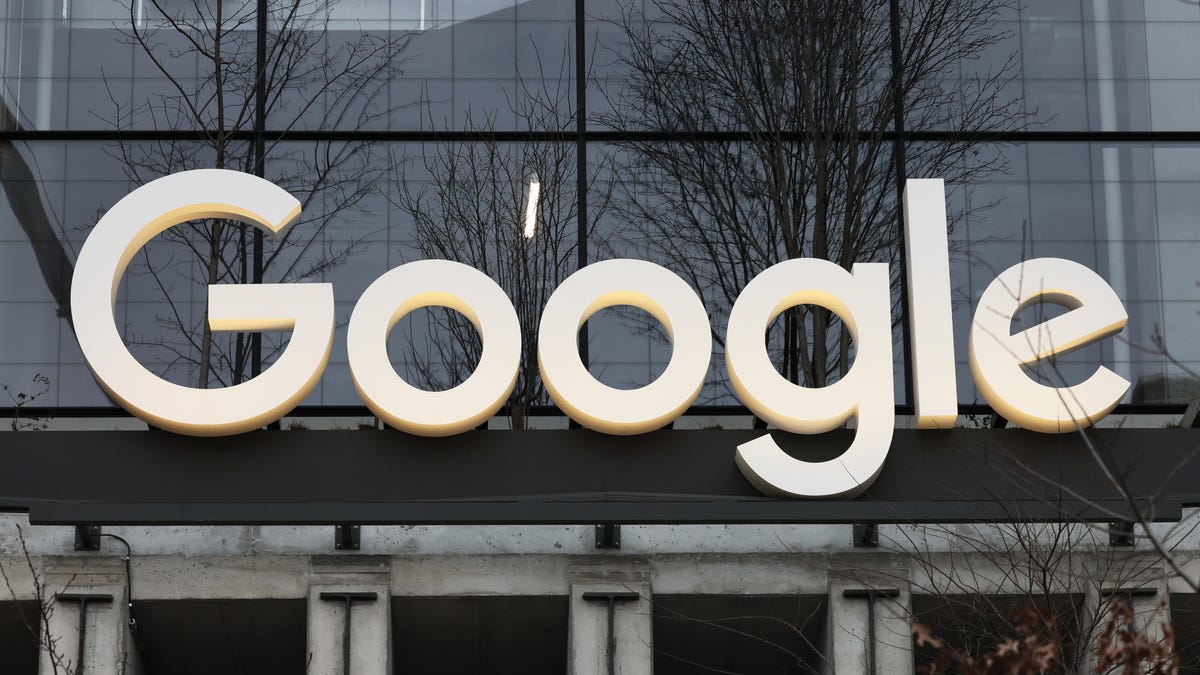The Economic Impact of Lyft and Uber Departure from Minneapolis
Lyft and Uber have decided to cease operations in Minneapolis due to the city council’s insistence on raising wages for workers. This move has resulted in the workers becoming unemployed, drawing on social services, and a loss of tax revenue for the city. In analyzing this situation, it is essential to understand the economic principles at play.
Cost Considerations in Business Operations
When firms like Lyft and Uber operate, they take into account various costs such as wages, rent, insurance, raw materials, utilities, and advertising. These costs influence the market prices set by these companies. If the market price covers all expenses and provides a reasonable profit margin, the business model is sustainable. However, if costs increase, companies may need to raise prices. If these increased prices are unaffordable for consumers, businesses may face the risk of closure.
Economic Implications of Price Sensitivity
Customers of ride-hailing services like Lyft and Uber are highly price-sensitive. If prices increase beyond a certain threshold, demand may decrease significantly, making it unsustainable for companies to operate. Thus, the decision of Lyft and Uber to exit Minneapolis highlights the challenges that companies face in Democrat-led cities with high minimum wage requirements.
The Role of Government in Pricing
Government interventions in dictating wages and prices can have unintended consequences. By mandating higher wages, the Minneapolis City Council inadvertently led to the unemployment of Lyft and Uber workers. The government’s attempt to regulate product prices, as seen in President Biden’s stance on housing costs, raises concerns about market efficiency and individual autonomy.
Government Intervention in Real Estate Commissions
The Biden administration’s focus on real estate commissions and the alleged inflation of fees by the National Association of Realtors have sparked debates about government intervention in free markets. By attempting to align fees with the perceived value of services, the government risks disrupting the delicate balance of supply and demand in the real estate sector.
Challenges of Government Interference in Pricing
The notion that the government can determine the “right fee” for services or products overlooks the complexity of market dynamics. Prices are often set based on supply and demand forces, and government mandates may distort these mechanisms. Consumers benefit from competitive markets where they can make choices based on price, quality, and service offerings.
Economic Implications of Government Control
Policies that seek to control pricing or wages run the risk of reducing market efficiency and creating unintended consequences. By allowing the government to dictate prices, individuals may lose the freedom to engage in transactions based on their preferences and needs. Government interventions in pricing can have far-reaching effects on businesses, consumers, and economic stability.
Image/Photo credit: source url





